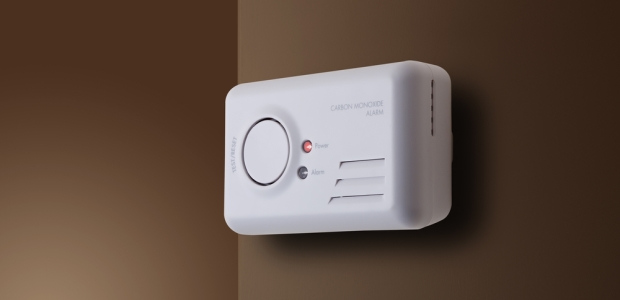
HUD Urges Housing Authorities to Install Carbon Monoxide Detectors
The U.S. Department of Housing and Urban Development has sent a notice to all public housing authorities and private owners of HUD-subsidized housing that urges them to install working carbon monoxide detectors in their properties, and the department announced it will propose a new rule to make optional CO detectors mandatory.
The U.S. Department of Housing and Urban Development has sent a notice to all public housing authorities and private owners of HUD-subsidized housing that urges them to install working carbon monoxide detectors in their properties, and the department announced it will propose a new rule to make optional CO detectors mandatory.
The April 18 notice reminds HUD-subsidized housing providers of their legal obligation to install working CO detectors in the jurisdictions where those devices are required. In states and local communities where CO detectors are not required, the department still is strongly encouraging housing authorities and owners to install them.
"A simple, inexpensive, widely available device can be the difference between life and death," HUD Secretary Ben Carson said. "Given the unevenness of state and local law, we intend to make certain that CO detectors are required in all our housing programs, just as we require smoke detectors, no matter where our HUD-assisted families live."
In March 2019, HUD's Real Estate Assessment Center issued a notice to all HUD and HUD-contracted inspectors requiring them to collect data to determine the prevalence of CO detection systems in HUD-assisted properties subject to its Uniform Physical Condition Standards.
An investigation by NBC News revealed the lack of CO detectors to protect public housing residents, with the investigation finding at least 13 people have died from the carbon monoxide exposure in federally subsidized housing since 2003.
HUD's notice covers these programs: Public Housing; Section 8 Project-Based Rental Assistance; Housing Choice Voucher (tenant-based or project-based); Section 202 (Supportive Housing for the Elderly); and Section 811 (Supportive Housing for Persons with Disabilities).
The agency reported that it anticipates issuing further guidance and instructions on this issue and will initiate rulemaking for the Housing Choice Voucher, Multifamily and Public Housing Programs to add a requirement for functioning carbon monoxide detectors in units with fuel-fired/burning appliances and/or an attached garage.